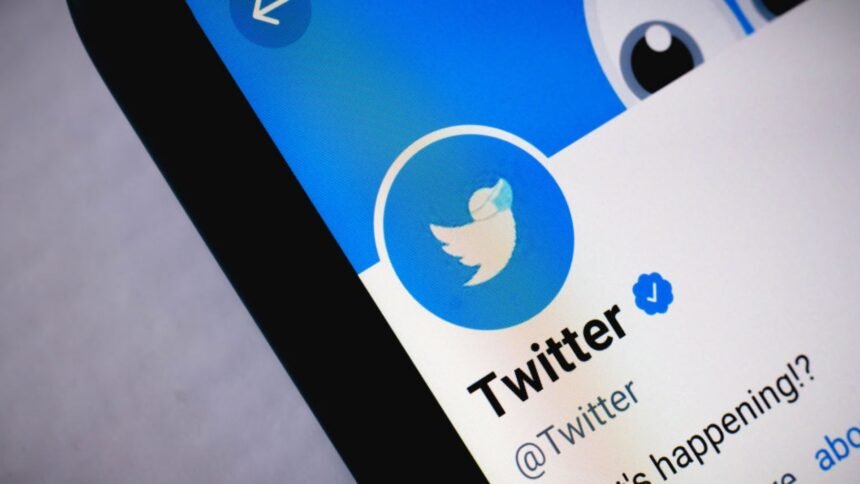Twitter verification, represented by a blue checkmark next to an account’s name, has become a highly coveted status symbol on the platform. It indicates that an account is authentic and belongs to a notable public figure, brand, or organization. However, obtaining verification is not easy and can be a lengthy and complicated process. This has led some individuals and businesses to consider paying for a checkmark on Twitter, but is it worth it? Firstly, it’s important to note that Twitter does not officially offer a paid verification service. Any company or individual claiming to be able to guarantee verification in exchange for payment is likely engaging in fraudulent activity. Furthermore, Twitter’s official policy states that verification is only available to accounts that meet specific criteria, such as being active, complete, and in compliance with the platform’s terms of service.
That being said, there are third-party services that claim to be able to help individuals and businesses obtain verification. These services may charge a fee for their assistance, which can range from a few hundred to several thousand dollars. However, it’s important to consider the risks associated with paying for verification. Firstly, there is no guarantee that the service will be successful in obtaining verification. Twitter has a strict verification process, and paying for assistance does not necessarily increase the chances of success. In addition, paying for verification could be seen as dishonest or inauthentic, which could damage a business or individual’s reputation on the platform. Users may view the account as having “bought” its status rather than earning it through genuine achievements or notoriety. Furthermore, Twitter’s official policy states that verification can be revoked at any time if an account is found to be in violation of the platform’s terms of service. This means that even if an account is successfully verified through a third-party service, it could still lose its checkmark if it is found to be engaging in spammy or fraudulent activity.
Finally, it’s worth considering whether verification is actually necessary for a business or individual’s Twitter presence. While it can certainly be beneficial in terms of credibility and authority, there are many successful and influential accounts on the platform that are not verified. Paying for a checkmark on Twitter is not a recommended course of action. It can be expensive, risky, and could damage a user’s reputation on the platform. Instead, individuals and businesses should focus on building a strong and authentic presence on Twitter through regular engagement, high-quality content, and genuine interactions with followers. Verification may come naturally as a result of these efforts, but it should not be the sole focus.




